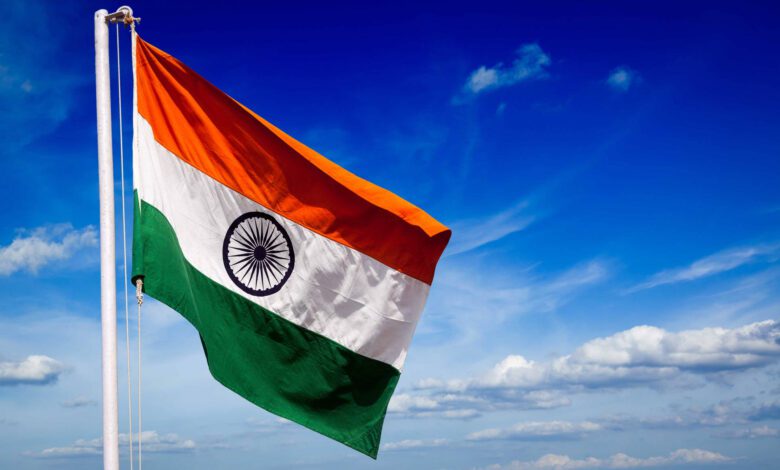
The rumor that India may soon change its name to “Bharat” has put the country in a state of turmoil.
The rumors started after President Droupadi Murmu’s invitation to the dinner reception for the last G20 Summit, which was held in India on September 9 and 10, referred to her as the “President of Bharat” in Hindi rather than the more traditional “President of India.”
The next five-day extraordinary parliamentary session that will begin on September 18 is fueling speculation even more because of the elevated expectations for a substantial government decision.
Following measures like “one nation, one election” and the Uniform Civil Code, talk currently centers on changing the name of our nation from “India” to “Bharat” by a constitutional modification in accordance with Article 368.
When terminology for a particular religion are used in the legislation of many theocratic regimes, they frequently closely follow the teachings of that religion. A recurring theme in the constitutions of nations like Pakistan, Sri Lanka, and those in the Middle East is the clear definition of the state religion and the frequent usage of it as the normative underpinning for all legislative alignment.
If India, which calls itself a secular nation, decides to drop the term “India” in favor of “Bharat,” it would beg the issue of what that may imply.
Experts have estimated the financial effects of a name change on the country’s treasury due to the simple notion of a name change.
Pecuniary Aspects of the Name Change
Although altering a country’s name may appear symbolic at first, it would need substantial changes on a local, national, and international scale. Each step would cost the country money, from replacing highway signs to updating official papers and maps to advertising the rebranding.
Perspective-building benefits come from learning from the experiences of other nations that have gone through comparable transformations, like eSwatini (formerly Swaziland).
While the price estimate for eSwatini’s rebranding was not made public in 2018, South African intellectual property lawyer and blogger Darren Olivier came up with an impressive formula.
Olivier said that the typical marketing spend for a major firm amounts to around 6% of its sales. This would cost $60 million in the case of eSwatini, with rebranding budgets generally accounting for 10% of total marketing expenses. For the eSwatini administration, this approach produced an estimated $6 million cost, a considerable figure for a tiny country.
The estimated cost, following Olivier’s technique, is around Rs 14,000 crore ($1.75 billion) when applied to the enormous nation of India. However, if the Indian government really moves forward with a plan to change names, the actual cost might vary significantly based on the amount of financial resources it decides to dedicate to publicize this historic shift.
Should India be Bharat?
What’s a name worth? Shakespeare, a renowned writer, had Juliet utter the line, “That which we call a rose,” in his Romeo and Juliet play. It would smell as wonderful under any other name.
But in real life, the majority of people would disagree with Shakespeare. It’s a prevalent notion that a person’s name influences their personality, and India may hold this notion most strongly. The country is equal to every person.
There isn’t any debate on renaming India as it is already known as Bharat. In most Indian languages, the official name is really Bharat, and we may interchangeably use both official names—aside from when we use English.
In his address to the UN General Assembly’s 74th session, Prime Minister Modi referred to our country as BHARAT. In Hindi and English, Indian passports bear the titles BHARAT GANRAJYA and THE REPUBLIC OF INDIA, respectively. The idea that we are indeed called Bharat is plainly conveyed by these two instances. The subject of changing the country’s name to Bharat may thus be answered no.
What exactly is being argued?
India is the English name of Bharat. India came from the word Indus river, the largest river system of undivided Indian which gave us the name ‘Indica’ by Greeks. To hold on to, India would be to hold on to Greek heritage and a river system of which we only have 20% as the rest is with Pakistan.
Now, the actual question being that; Do we want to amend Article 1 and switch to BHARAT as the only name?
Please, also have a look into : Significant mention: ‘Bharat’ nameplate for the PM’s seat at the G20 amidst renaming rumours



